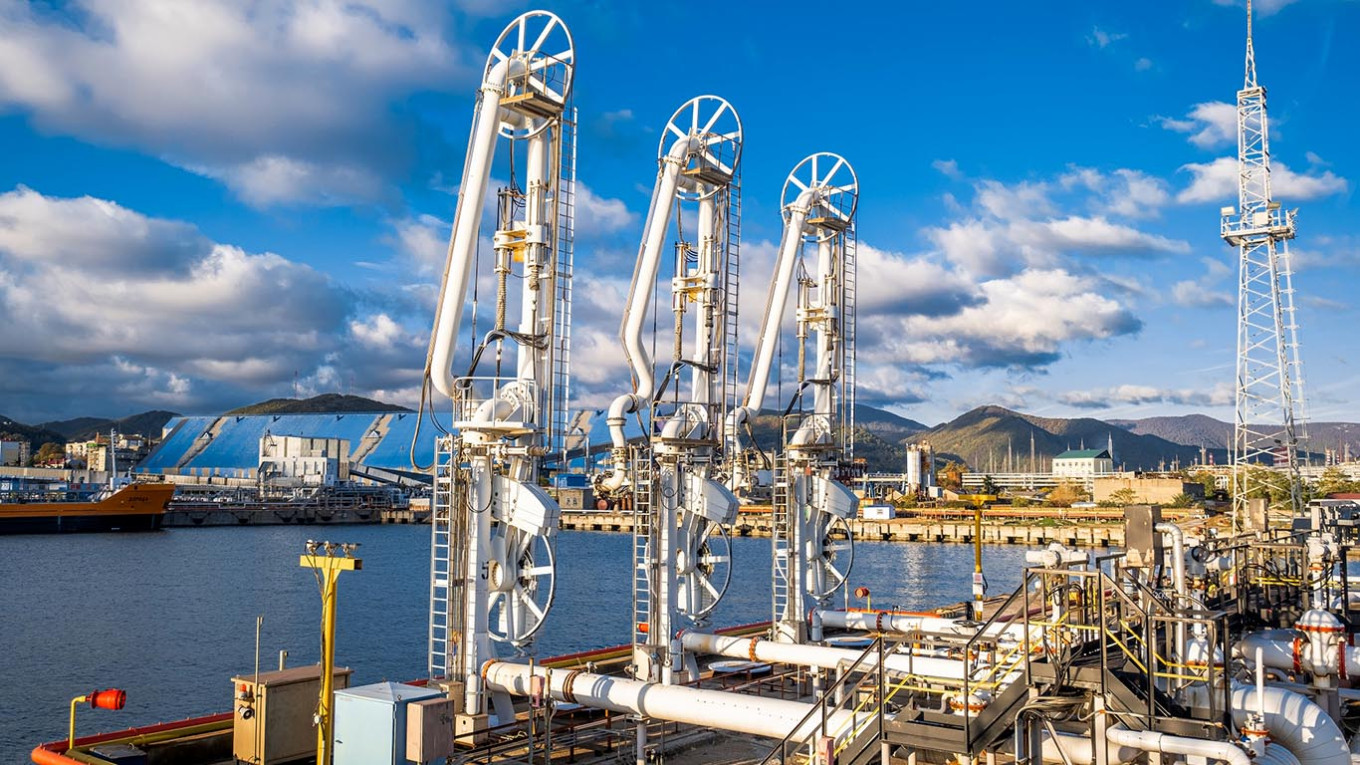A drone attack by Ukraine on Russia’s Tuapse oil terminal has resulted in an extensive oil spill that has spread several kilometers into the Black Sea, according to an analysis by the BBC of NASA satellite images taken after the assault on November 2.
The oil slick was reported to extend approximately 3.6 kilometers from the terminal into the sea.
Situated around eight kilometers from the Black Sea port of Tuapse, the Tuapse terminal facilitates the export of petroleum products from a nearby refinery and the Samara group of refineries operated by Rosneft.
Between January and September, the facility processed exports amounting to 7.1 million tons, as reported by Reuters.
Authorities in Russia’s Krasnodar region confirmed that the attack inflicted damage on sections of the terminal’s infrastructure and affected two vessels registered under foreign flags.
This incident is part of a growing trend of oil spills occurring in the Black Sea in recent months.
In December 2024, two tankers sank in the Kerch Strait, releasing at least 4,000 tons of fuel oil, which led Russian officials to label it an environmental catastrophe.
This spill resulted in significant die-offs among birds and marine species and contaminated coastlines in annexed Crimea, the Krasnodar region of southern Russia, Ukraine’s Odesa region, and the separatist Georgian region of Abkhazia.
Cleanup efforts from this earlier incident remain ongoing.
Environment Minister Alexander Kozlov has stated that these efforts should be concluded by May 2026, although environmental experts have cast doubt on this timeline.
Sergei Ostakh, from the All-Russian Society for Nature Conservation, estimated that complete recovery might require a minimum of three years, while Vladimir Lifantyev, a member of the Public Chamber’s ecology commission, has warned that it could take anywhere from five to ten years.
This summer, Russia’s environmental regulator, Rosprirodnadzor, admitted that fully cleaning up all of the spilled fuel would be unfeasible.

